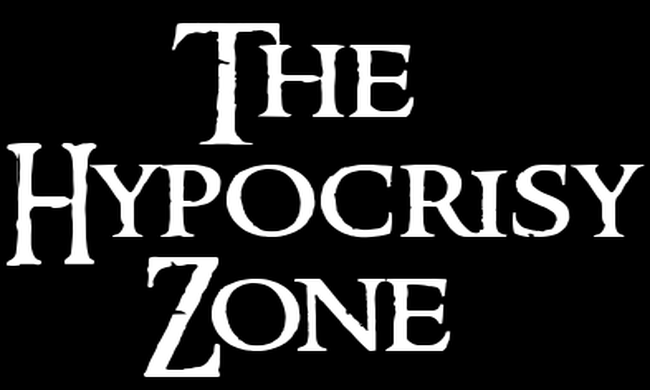This column first appeared in the Daily Caller.
“Progressives” are now agitating for a federal government monopoly (technically, a monopsony) over the purchase of health care. This “single payer” system would give federal politicians and bureaucrats absolute power over our access to lifesaving and other beneficial drugs.
Clearly, these “progressives” trust the central government with vast power over law-abiding citizens’ access to good drugs. But some change their tune when the central government tries to prevent addicts and abusers from getting bad drugs.
In direct defiance of federal law, the “progressive” city council of Denver, Colorado voted 12-1 to authorize a city injection site for users of illegal intravenous drugs. Some left-of-center state lawmakers are thrilled with the idea. They want to change Colorado law to allow Denver to proceed.
No surprise there: When Colorado defied federal law to “legalize” marijuana, most left-of-center politicians loved it. No, they were not really taking a stand for local control or for personal freedom. They were supporting a jerrybuilt legal scheme that, like many other “progressive” programs, looks more like racketeering than true legalization.
Colorado’s pot scheme doesn’t simply permit cannabis sale and use. Rather, the state grants limited permission to sell and use in exchange for more government. The state enjoys market control, a big new bureaucracy, and a massive new revenue stream. The revenue stream is exempt from the state constitution’s tax and expenditure limits.
Should control of drugs be a matter of state or national law? As originally understood, the Constitution carefully divided responsibility over commodities like drugs between the states and the central government. The name for this division of powers — the balance between states and central government — is federalism. Founding-era records show that the intended split of authority over commodities was the following:
- Under the Commerce Clause, Congress received power to regulate, even ban, traffic in a commodity across state or national borders.
- The Necessary and Proper Clause recognized that Congress would have certain incidental powers over commodities. By definition, “incidental” powers are relatively minor. For example, Congress could mandate proper labeling of goods to be shipped across state or national borders.
- Otherwise, each state retained exclusive authority over growing, mining, manufacture, processing, and retailing within its boundaries.
Thus, the Constitution allowed each state to regulate commodities such as drugs within its own territory, while authorizing Congress to prevent many, although not all, negative effects on other states.
This balance of power survived for about 150 years. During the 20th century, however, “progressive” Supreme Court majorities destroyed it. For the most part, the court did so by radically expanding what Congress could do under the Constitution’s Necessary and Proper Clause (not the Commerce Clause, as commonly believed).
In a series of case decisions, the court gave Congress pretexts for regulating agriculture, land use, processing, manufacturing and retailing — although the court quietly acknowledged that those activities were not “commerce” as the Constitution uses the word. Moreover, the court allowed Congress to govern those activities even when they were carried on entirely within state boundaries.
The Supreme Court later applied its newly-fabricated jurisprudence to drugs. For example, in 2005 the court ruled that the federal government may use its “necessary and proper” power to control window-box marijuana plants raised for personal medical use, even when wholly legal under state law.
Are “progressives” having second thoughts about the federal leviathan they created? Not entirely. They still want to give the feds power to control our access to good drugs. It’s only when the feds control bad drugs that they object.
Of course, some conservatives are guilty of similar hypocrisy. They claim to support the Constitution’s balance between states and federal government, but then demand national laws against whatever they don’t like. Like many people, they are in favor of federalism — until federalism conflicts with anything else they want.
That is a shame, because federalism has been one of the key elements in America’s phenomenal success. If experience shows that the founders got a few details wrong, we can use the amendment process to set things right.








